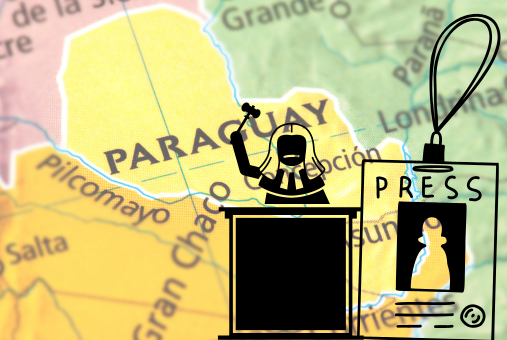
The Inter American Press Association (IAPA), in its mid-year report on the state of press freedom in the Americas, warned about judicial criminalization and the threats suffered by journalists in Paraguay. LJR spoke with journalists in the country who have been intimidated for doing their work.

The connection between press freedom and the many challenges facing the planet – including climate change – is the theme for the 2024 World Press Freedom Day. Under the motto “A Press for the Planet: Journalism in the face of the environmental crisis,” May 3 arrives with discussions on how to guarantee journalists’ work as well as strategies to confront disinformation and denial of climate change.
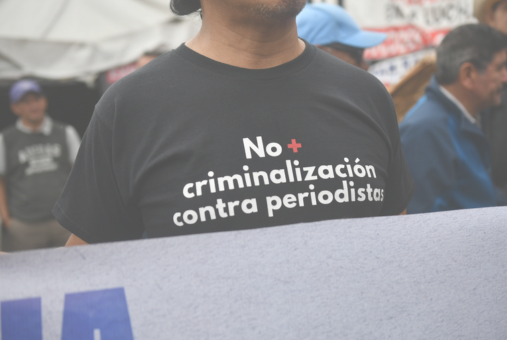
During the first quarter of 2024, the Observatory of Journalists in Guatemala recorded 22 attacks and restrictions on the press. Although there has been a small improvement compared to the same period last year, organizations and journalists remain concerned about the criminalization of the profession in the country.

Journalists reporting in Slovakia, Haiti, Nigeria and Ukraine shared at the 25th International Symposium on Online Journalism about attacks on press freedom due to their coverage of corruption and violence.
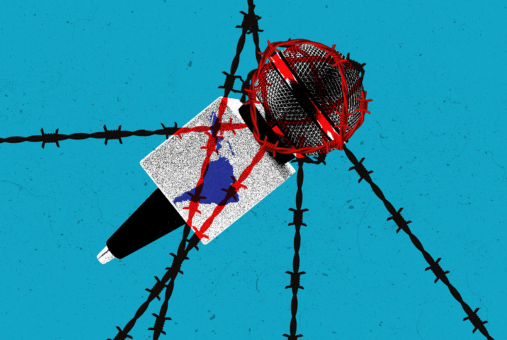
With their campaigns against independent media, the governments of several Latin American countries are beginning to threaten press freedom. Can Nicolás Maduro and Daniel Ortega's extreme of media blockages and closures be replicated?

The morning press conferences held by the Mexican president are part of a communication strategy recognized as “unique” not only in his country but in the region. And although they emerged as a promise to improve transparency and communication, their critics see them as spaces to attack the media, journalists and even spread disinformation.
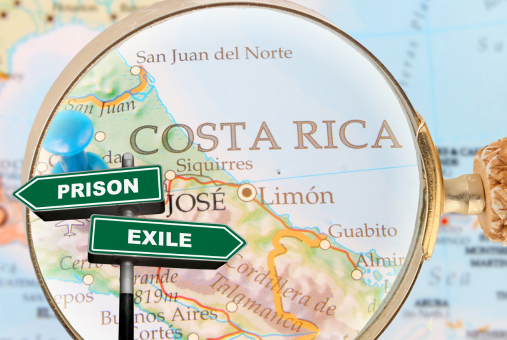
Hundreds of Central American journalists have gone into exile in Costa Rica because they consider it a safe country for journalism. But, the situation has taken a turn as press freedom and security in that country has worsened. Some exiled journalists have decided to seek refuge in other countries and to leave the profession.
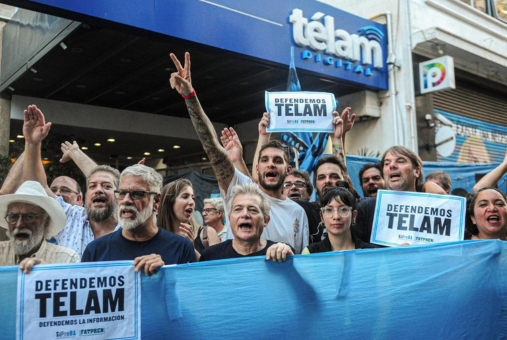
Since March 4, the headquarters of the Argentine state news agency Télam have been surrounded by police. Its employees have been suspended, its services have been interrupted and its website is down. Télam workers are mobilizing in public events, publishing an alternative website and preparing a bill to defend the agency.
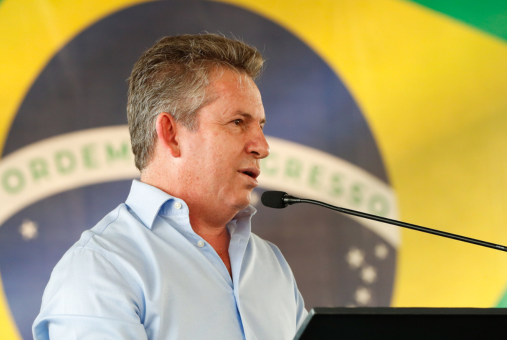
Eighteen journalists in Brazil face legal cases after publishing about the state governor of Mato Grosso, Mauro Mendes. They argue that the police and judicial apparatus of the state is being used to silence voices that publish information unfavorable to the governor.

José Rubén Zamora Marroquín has already spent more than 570 days in the Mariscal Zavala prison in Guatemala despite having his sentence annulled. Added to that is the fact that various national and international organizations have highlighted the violations of human rights and international law throughout his case. In what seems to be the most recent strategy […]
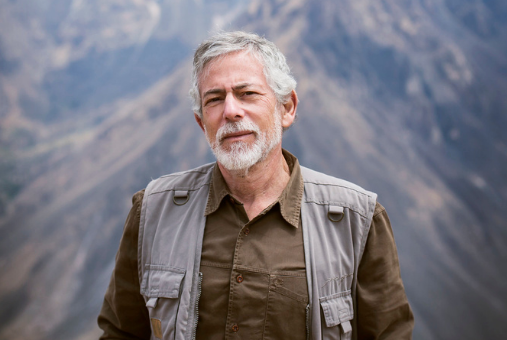
Journalists from different media, personalities and ordinary citizens from around the world reject a campaign of attacks and harassment against the director of Peruvian investigative journalism site IDL-Reporteros, Gustavo Gorriti.
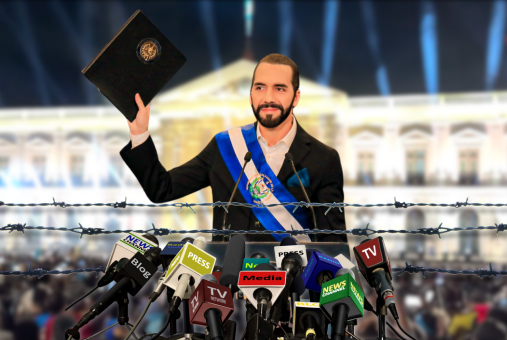
Journalists from El Salvador and press freedom organizations fear that, with the re-election of Nayib Bukele as president, harassment against journalists will worsen and reforms could be approved to criminalize their work.